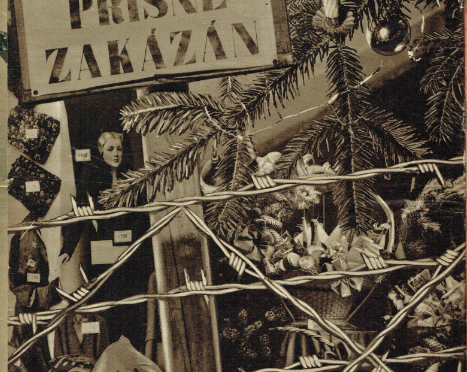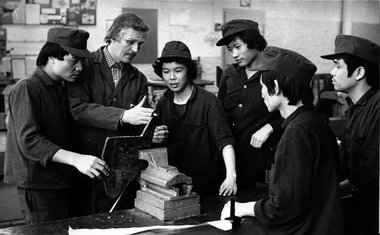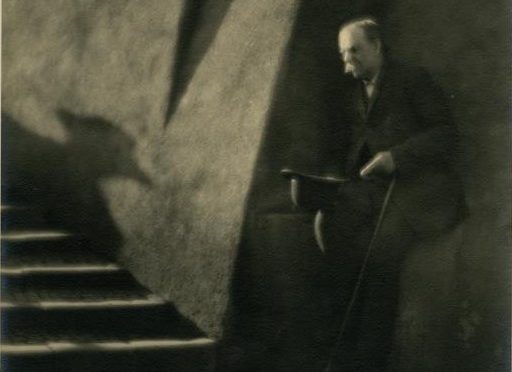Sedmé setkání semináře “Úvahy o krizi” , organizovaného CEFRESem a Fakultou sociálních věd UK, povede Fedora Parkmann (Ústav dějin umění AV ČR/CEFRES).
Téma: Fotografie, které upozornily na hospodářskou krizi.
Kde: online.
Pro registraci kontaktujte prosím organizátory: maria.kokkinou@cefres.cz.
Kdy: středa 18. listopadu, 12:30-13:50.
Jazyk: francouzština.
Přednáška je součástí semináře:
“Současné otázky: Úvahy o krizi”/”Enjeux contemporains. Penser les crises”
organizovaného Marií Kokkinou (CEFRES / UK) a Jérômem Heurtaux (CEFRES).
Prezentace semináře:
“Krize” nepřestává nabývat na významu: výskyt a nebývalé rozšíření koronaviru Covid-19 v roce 2020 dodalo tomuto pojmu aktuálnost, kterou nepamatujeme od doby finanční krize v roce 2009. Vedle těchto pozoruhodných událostí, jež svým významem zasáhly celou planetu, počet událostí a jevů kvalifikovaných jako krize neustále stoupá.
Tento pojem, nerozlučně se pojící s moderní dobou, zaměstnává celou naši společnost, a to všemi svými aspekty. Jeho mnohoznačné užití a značná aktuálnost nás vedou k úvahám nad jeho jednotlivými významy a užitími. Právě tomuto úkolu je věnován seminář “Úvahy o krizi”, do něhož se zapojí badatelé z nejrůznějších odvětví – politické sociologie, historie, historie umění, antropologie, filozofie a dalších.
Které skutečnosti jsou označovány jako “krize” a v čem jsou “kritické”? Co je to krize a jak vysvětlit její vznik? Jak se krize vyvíjí a jaké jsou její dopady a důsledky? Proč krize vyvolávají konflikty ohledně interpretace svého významu? Je pojem “krize” centrálním tvůrcem naší modernity a klíčem k porozumění témat, která se prolínají současnou společností?






